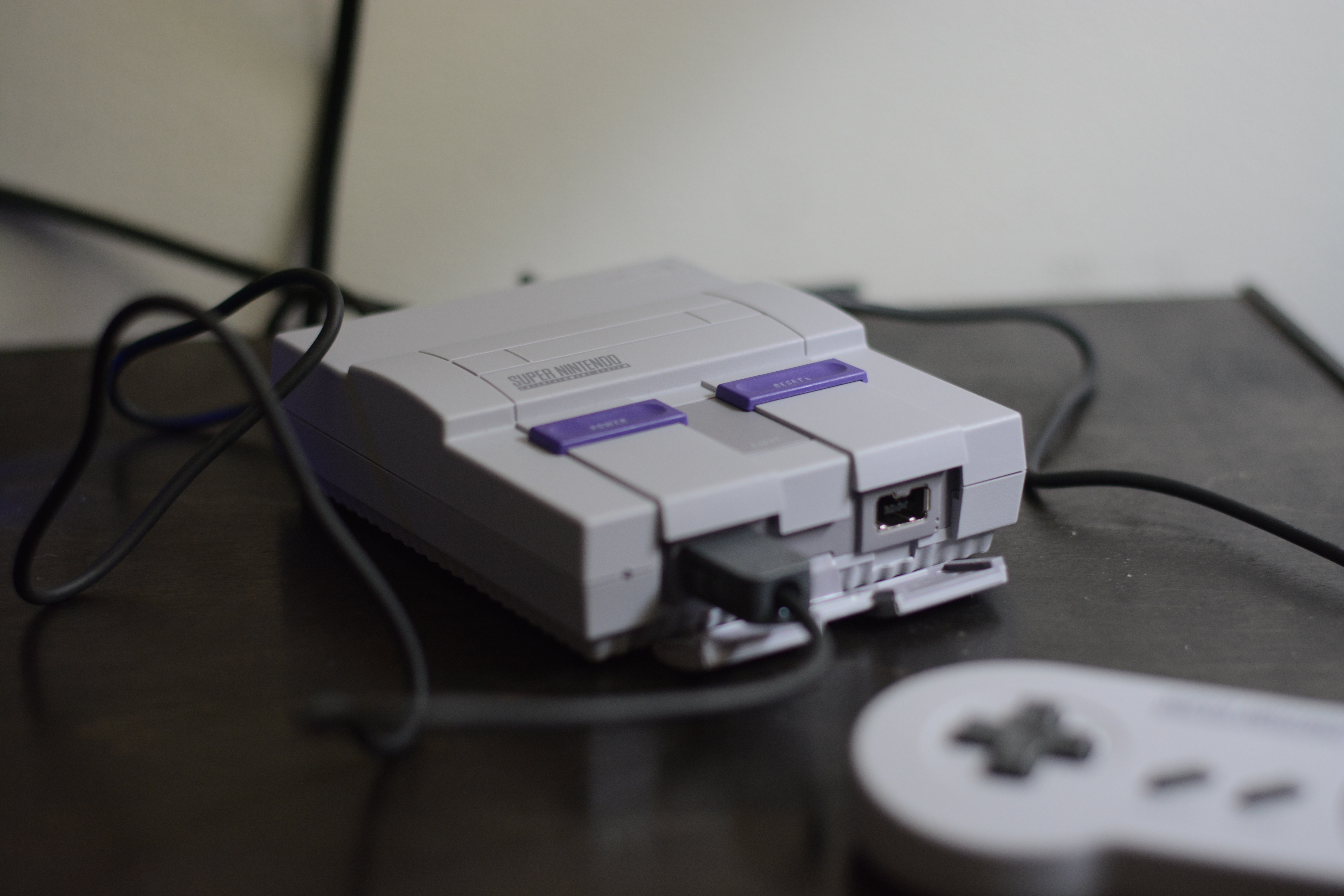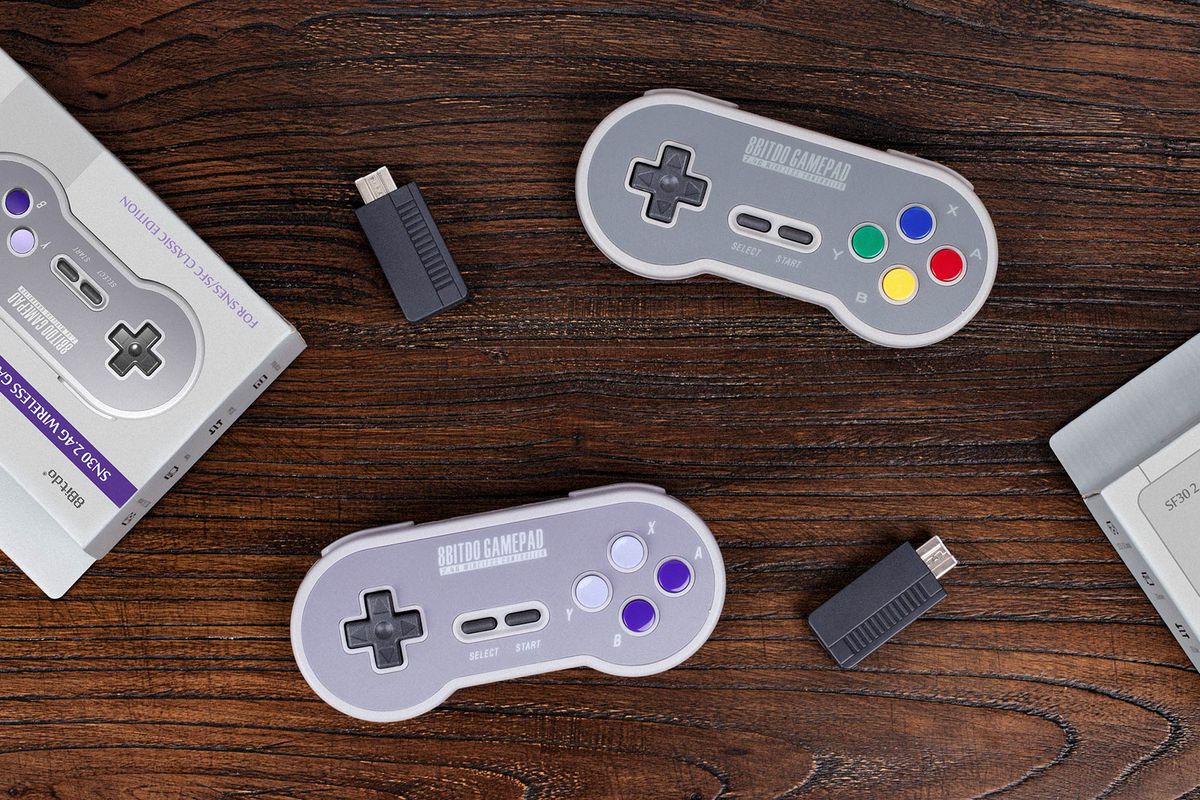
By Evan Ackerman
Hey. Hi there. How’re you doing, good? Good. So, when’s the last time you backed up your computer? I only bring this up because last Friday, someone broke into my apartment and stole my laptop. This, to put it mildly, really sucks for me. But luckily, I had backed up most of my data, which downgraded this whole experience from utterly catastrophic to a serious inconvenience. With this in mind, I would like to spend just a little bit of time suggesting ways in which you can prepare yourself for something happening to your computer which, if you’re anything like me, probably has stuff on it that represents a significant chunk of your life and sanity.
Now, I realize that many (if not most) of you probably have never had to deal with serious data loss. Yeah, maybe some file gets misplaced or eaten every once in a while, but that’s about it. I won’t belabor the multitude of ways in which totally unexpected and really bad stuff can happen to your computer, but you should just spend a minute thinking about what exactly is stored on your hard drive and what the implications would be if you were to come home one day and find that it had just disappeared. Never mind the actual physical computer, that’s replaceable. But think about your music. Your documents. Your email. Your pictures. A lot of that stuff is just not recoverable, and some of it (pictures especially) are priceless. I’m not saying you should be super paranoid all the time, but I am saying that you should recognize what some of the data on your computer is worth, and treat it accordingly. Some suggestions, after the jump.
-Don’t keep things on your computer at all
This is one of the easiest and most reliable ways to keep your data backed up. Take email, for example. If you just use webmail, you’re all set, since no email is stored on your computer. Or, you might have a program like Outlook or Thunderbird that does download email to your computer. You can go into your account settings in these programs and select something like “leave messages on server,” which will put a copy of all incoming messages on your computer without deleting them from your webmail account, giving you a backup archive of your email. This means that messages build up in your webmail, but odds are you have way more webmail space than you’re using anyway, and if you get tight, just go into your webmail and delete a few big messages to clear out some space.
Another way to keep things off of your computer is by using a service like Google Docs to do your work. You can make documents and spreadsheets and stuff, and Google keeps them for you. Another advantage of this is that whatever you’re working on is accessible from your Google account, no matter where you are or what computer you’re using.
-Back stuff up online
The safest place to have things backed up (IMO) is on someone else’s servers, which (if they’re a big company) means that your data is stored on multiple redundant drives in multiple redundant locations. The cheapest and easiest way of backing things up online is by emailing them to yourself, but sometimes this can be an annoyance to keep doing, so there are a multitude of services which will sync things with an online backup server for you. Some are free, some are not, but if you have a good or bad experience with a particular company, let us know in the comments.
When it comes to online backups of your files, media becomes a big problem, because it takes up huuuuge amounts of disk space and bandwidth if you have a lot of it. For pictures, I personally like Flickr Pro. Unlike anybody else I could find, Flickr will store an unlimited number of full resolution JPGs for $25 a year. You have to upload them yourself, but I’ve gotten into the habit of just doing it when I download images from my camera. Even with the 10 megapixel images that I usually take, it’s a pretty fast process. When it comes to video, YouTube is a viable option now that they accept videos in 720p. It’s not a perfect solution, and you have to find some clever ways of downloading the video, but it’s free. The additional benefit of services like YouTube and Flickr is, of course, that your media is now online and much easier to share with other people.
As far as music goes, I don’t have a good solution to suggest, primarily (I imagine) because of DRM issues. Instead of online backup, I’d just recommend some good old fashioned physical backup.
-Back stuff up physically
This is how most people back up their data, and it involves simply copying files onto multiple disks. It’s fast, it’s easy, it’s usually pretty cheap, and your data is right there when you want it. I carry around a little USB flash drive (this one) with really important stuff (like my thesis) in my wallet. It’s also a place where I store files that I’m actively working on. Longer term, I have a big USB hard drive, and every so often I just copy my entire C: drive on there. It takes a while, but I just let it run overnight. What I should have but don’t is an external RAID 1 drive, which is actually two drives that mirror each other. This way, if one of the drives dies, you don’t lose any data, you replace the dead drive, and remirror them.
Of course, the problem with external drives is that even though they’re external, they’re usually sitting right next to your computer. You’re protected against drive failure, but not someone breaking into your apartment and stealing your stuff (or fires, etc.). So if you take the external drive route, it’s a good idea to keep one somewhere else. Take it to work. Give it to a friend. If you only want to do it every six months or whatever, that’s fine, but it could be the difference between losing ALL of your data and just the last six months of your data. Stuff like your music collection and your pictures should be mostly intact, and if you just went on a trip or something and have a couple thousand new pictures, well, time to update your backup drive.
Like I said, all of this stuff may seem paranoid to you. But if you know anyone who has lost important things like pictures, you know that they ended up kicking themselves for not backing things up. Yes, it’s a bit of pain. Yes, it might cost some money. Consider the alternative, however, and think about how much better you’ll feel knowing that no matter what may happen to your computer, all of the stuff you care about, the data, is safe and sound somewhere else.
Oh, and one more thing: having something happen to your hardware sucks as well. If you have homeowner’s insurance or renter’s insurance, you can often separately insure things like laptops against loss or damage, even if you’re the one who does the losing or damaging. It’s called a personal articles policy, and it’s probably much cheaper than you think… For example, Apple won’t insure iPhones at all, but if they did, they’d probably charge the going rate of $5 a month, which I don’t think even covers losing the phone completely. My insurance company happily covers my iPhone against anything I could conceivably do to it for something like $5 a year. It’s a good deal, and definitely worth doing for anything you carry around with you a bunch like laptops and cameras.





I lost all my local data on my work PC just 2 weeks ago when it died. No backup! I now make sure everything of value is stored on a private network drive.
We all should know better but how many of us are guilty of being lax in this area?
Sorry to hear of your theft OGW. It may be someone you know.
Evan, hopefully you had the foresight to lick the bottom of the laptop so you can ” Ewww ” every time you think he's using it.
If Jesus can save then so should you.
There are tools coming out to help in this area. There is one I found recently called gladinet. (http://www.gladinet.com). It can map Google Docs, Google Picasa, Amazon S3 and etc into Windows. so you can first migrate docs/spreadsheets from local folder to online and use it there.
Bummer man, I'd hate to have my MacBook go missing. But definitely good advice on the backups. Personally, I have a file server tucked away in a closet that holds most of my important media, along with a Mozy account that keeps everything redundant, and automatically backs up everything on my desktop and laptop, as well as the file server. You get 2GB of free storage, and unlimited storage for $5 a month. Totally worth it.
@mcman Oh, I know who it is. But I can't prove who it is. It's kinda frustrating.
I've heard a lot of mixed reviews about Mozy… I've also been looking at Carbonite and SOS. Anybody have any experience with either of those?
Haven't heard anything about those other two.
On the bright side, maybe you can get Microsoft to shoot a commercial where you wander around looking for a new laptop.
Sorry to hear about the loss.
In December I got broken into while I was asleep upstairs and had my laptop, van keys, wallet and camera stolen (+ six Actimel yogurts from the fridge!). That evening I found my camera on Ebay in a shop less than 4 mins from my house.
The police arrested the guy that sold the camera to the shop keeper and when asked if he bought anything else from him, he produced my laptop. I was very lucky as the guy was going to wipe the hard drive that afternoon.
I use Flickr to backup my photos and Magnetic Warehouse for data, brilliant service. Not the cheapest but cheap is expensive!!!.
The little tea-leaf got 7months for handling stolen goods. ( no evidence of him braking in!)
Online backup is convenient and getting faster as bandwidth upload speeds are increasing. Make sure you choose a reputable vendor for your online storage solution such as http://www.myotherdrive.com
Sure they will cover the iphone loss, after you pay your deductible and adjust your premium…
Sure they will cover the iphone loss, after you pay your deductible and adjust your premium…